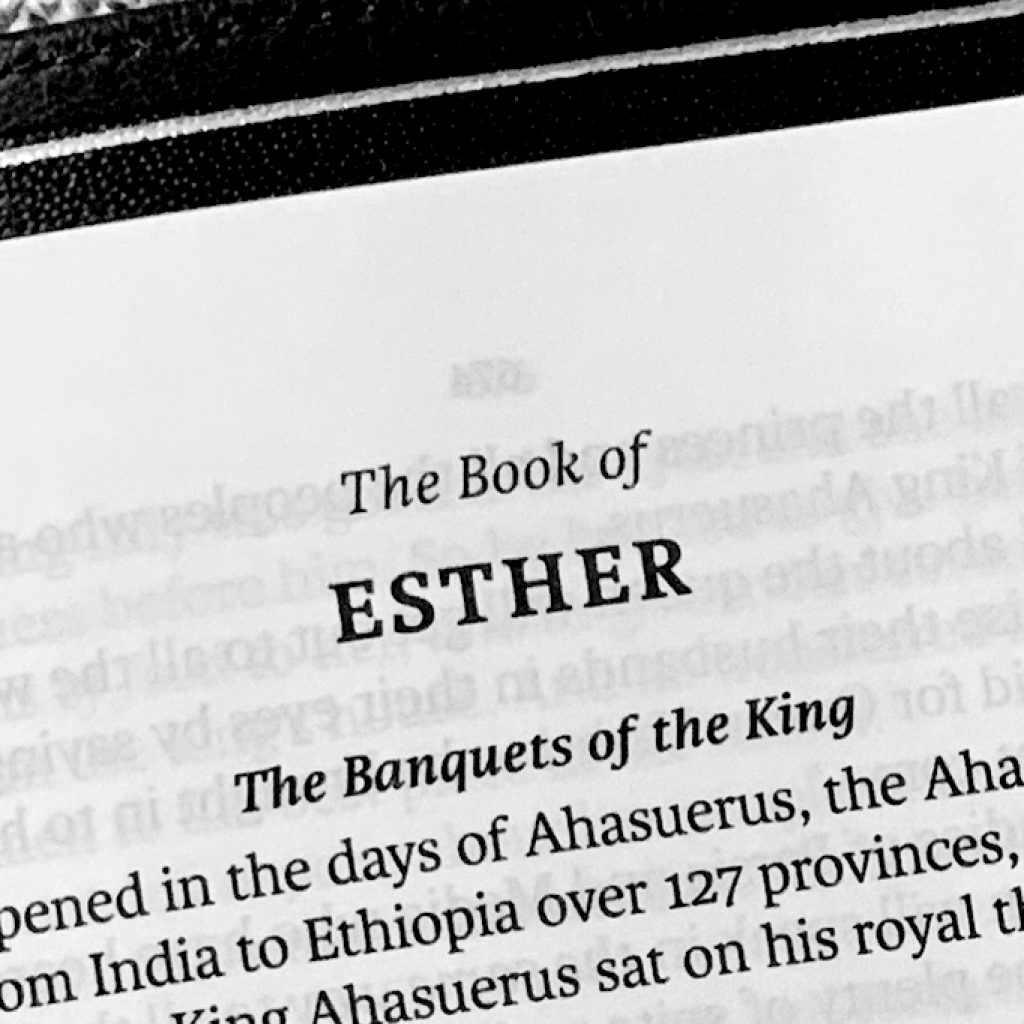
Despite grim headlines about events in the Middle East, did you know today is one of the happiest days of the year? Purim commemorates God saving the Jewish people from annihilation by Haman in Persia. So if you want a glimpse into what’s happening in the Middle East in real-time, read on to hear the happy news that Purim brings.
Every March, the Jewish people celebrate Purim shortly before Muslims observe Ramadan at the end of the month. The holiday falls on the 13th and 14th days of the Jewish month of Adar (March 6-7th, 2023.) The meaning behind Purim will sound familiar to those who’ve read the book of Esther. According to the story, Esther was selected among many women to be the new queen of King Ahasuerus but kept her Jewish identity secret. The king’s primary advisor, Hamaan, had promoted a decree that all the Jews should be killed on the 13th day of Ader. However, the king relented when Esther risked her life to advocate for her people, and the Jewish people were saved from certain death.
This story of freedom amidst persecution still resonates with many across the globe. As a result, it’s customary to gather with Jewish friends and family to retell Esther’s story on Purim each year. In addition, modern Jews often dress up in costumes to remember how God kept their people hidden and give out food gifts to remember His provision. After fasting and praying, the celebrations begin the evening of the 13th and throughout the next day.
It’s easy to forget that God still works miracles in the same land He did so long ago. People in Persia, now modern-day Iran, have a wrought history with their Jewish neighbors. In Esther’s story, they were being sought by their enemies, and the same thing still happens today. Iranian Muslims target Jews and Christians with violence and persecution daily to the extent that Christians are dying for their faith.
The two people groups have never hated each other more. Iranian propaganda frequently spreads messages of pointing nuclear weapons toward Israel or annihilating their people through war. They even line their streets with clocks counting down to Israel’s destruction. They have been taught to hate Israelis. However, through Christ’s movement in the underground church, people are learning that what they’ve been taught is wrong.
When Christian Iranians hear about God’s heart for the Jewish people, they begin to love the land they once hated because that’s the land where their Savior walked. Despite the long history of war and hatred, God has cultivated relationships between Iranians and Israelis for His glory. It was the Persian king, after all, who let the Jews return to their land and rebuild the temple after Babylonian exile.
Today, God is using Iranian Christians to share the good news of Jesus. Iranian believers, committed to obeying Jesus, carried the Gospel to their neighbors in Afghanistan. As individuals in Afghanistan began to meet Jesus, their lives were completely changed through the love and freedom only He brings. Then those Afghan believers began to share the gospel with others and like embers from a fire have spread and sparked this gospel movement in 25 nations so far throughout the region, and it will continue to grow.
But just like in the story of Purim, God is always doing something under the surface. Just like He hid Esther’s identity so she could rise to power, He is protecting the identities of church leaders across Iran so the underground church can multiply like never before. Rather than squash the evil of corrupt Iranian leaders from the outside, He is raising up an underground army of Esthers and Mordecais from within their own people, for such an hour of history as this.
These are the ideal people to turn hard Jewish hearts to Jesus. There’s no more powerful source of love than your mortal enemy. Imagine how powerful a scene it would be for an Iranian Christian to give up their life for a Jewish brother or sister. There’s no greater love than this. Our Iranian brothers and sisters are setting an example for us of laying down their lives and loving those around them. Their example is our invitation– will we follow in their footsteps?
As Muslims, Christians, and Jews observe their holy days this Spring, we can meditate on the resurrection’s power to overcome darkness and evil. If God could stop an entire genocide in its tracks with an everyday woman like Esther, He can make a real difference in the Middle East through ordinary women leading the persecuted church by loving their enemies.
Esther took no thought for preserving her own life, rather she chose the way of selfless sacrifice for the sake of her people. She so desperately desired the salvation of her people that she held nothing back, not even her own life. We all have family and friends in desperate need of the salvation that only Jesus can offer, and Esther’s life also is an invitation to us– to reject the cultural norms of self-centeredness and independence and embrace a life laid down for the sake of those around us, for the world to encounter Jesus.
If you want to help the underground church stay strong in an area fraught with danger, consider joining with GCM to pray and financially support God’s work in the darkest places on Earth.